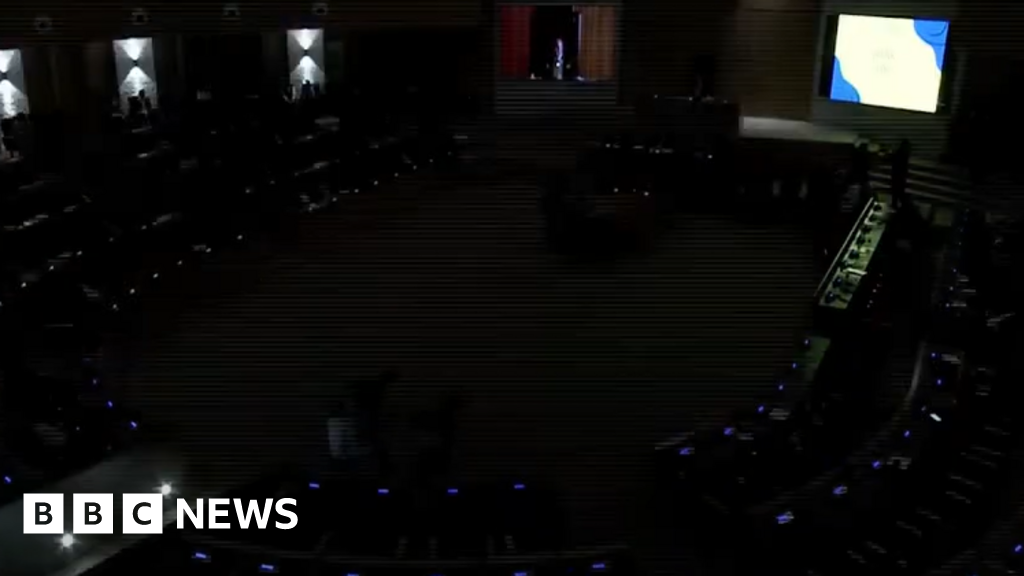Baghdad, Iraq:
US Secretary of State Antony Blinken met Iraq's prime minister on Friday in an unannounced visit as he seeks to coordinate a regional approach to Syria following the overthrow of Bashar al-Assad.
The top US diplomat flew to Baghdad from the Turkish capital Ankara and headed into talks with Iraqi Prime Minister Mohammed Shia al-Sudani, an AFP journalist travelling with Blinken said.
Iraq is keen to prevent any spread of chaos from Syria, where on Sunday Islamist-led rebels toppled the five-decade rule of the Assad dynasty following a lightning offensive.
Both Iraq and Syria are still reeling from the insurgency by the ultra-violent Islamic State (IS) jihadist group, which set up a self-proclaimed caliphate a decade ago over vast swathes stretching across their border.
Iraq's government has urged respect for the "free will" of all Syrians and the country's territorial integrity after Assad's fall.
The deposed Syrian leader hailed from a rival faction of the Baath party of Iraqi dictator Saddam Hussein, ousted in a 2003 US-led invasion.
The United States maintains some 2,500 troops in Iraq and 900 more in Syria as part of a campaign to prevent IS resurgence.
President Joe Biden's administration has agreed with Iraq to end the coalition's military presence by September 2025 but stopped short of a complete withdrawal of the US forces, whose presence has been opposed by Iran-aligned armed groups in Iraq.
President-elect Donald Trump takes office next month and has long been sceptical of US troop deployments, although it remains unclear whether he would backtrack from Biden's agreement or change tactics in light of developments in Syria.
Blinken has pushed for an "inclusive" political process to bring an accountable government to Syria and avoid sectarian bloodletting of the sort seen in Iraq after the fall of Saddam Hussein.
Speaking in Jordan on Thursday, Blinken said that all regional players he had spoken to "agreed on the need to have a unified approach to advance many of our shared interests" in Syria.
He also said that he was seeking to ensure "that Syria is not used as a base for terrorism" and that it does not pose "a threat to its neighbours, or ally with groups like ISIS", using an alternative acronym for IS.
Turkey strongly opposes the US alliance with Syrian Kurdish fighters, who assist the United States with the fight against the Islamic State group but whom Ankara links to outlawed Kurdish separatists at home.
Israel in turn has been pounding Syria, decimating military sites across its historic adversary on the heels of a deadly campaign against the Iranian-backed Hezbollah militia in Lebanon, aiming in part to curb the regional influence of Tehran which had allied itself with Assad.
(Except for the headline, this story has not been edited by NDTV staff and is published from a syndicated feed.)

 1 week ago
3
1 week ago
3










 English (US) ·
English (US) ·